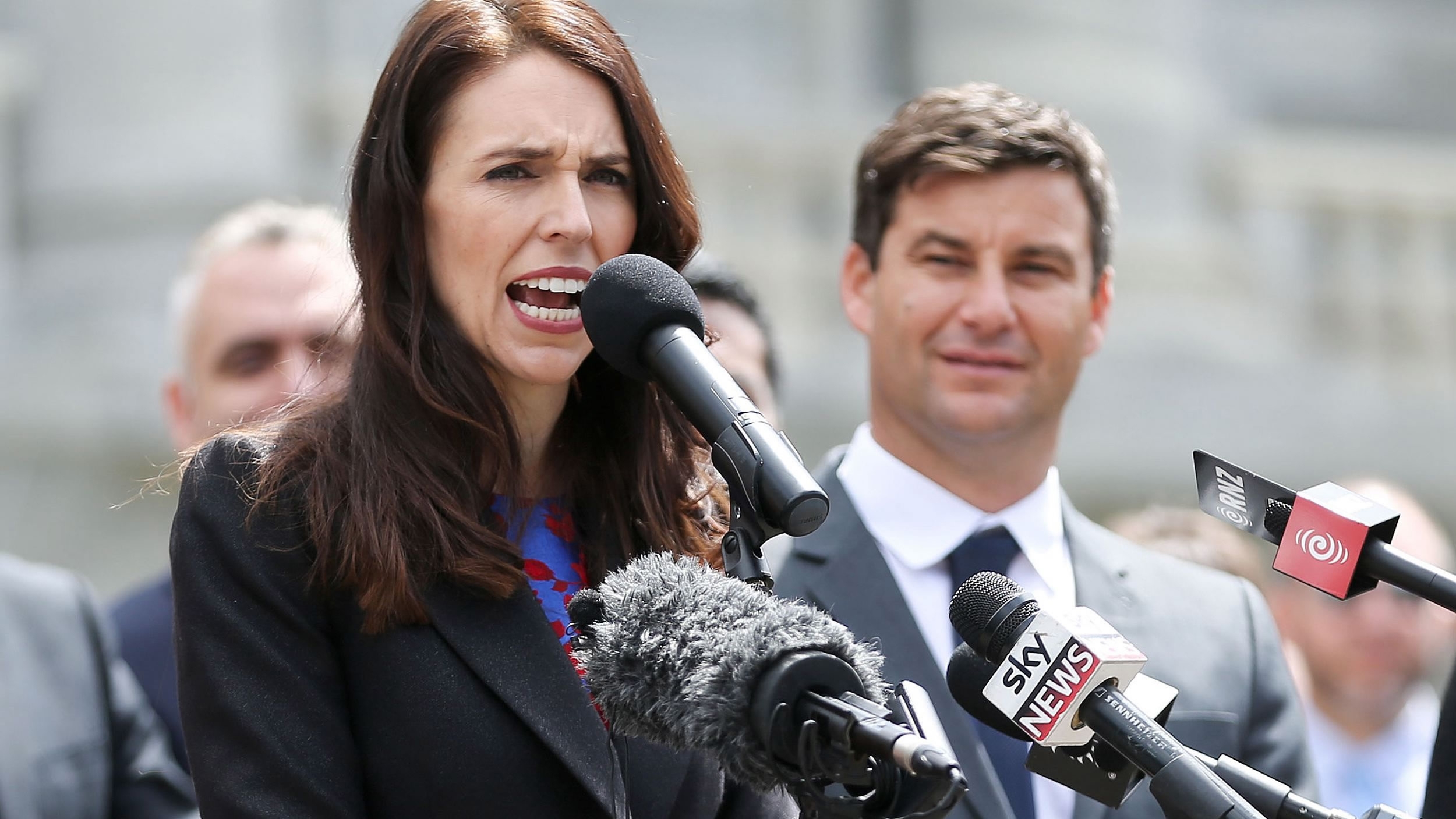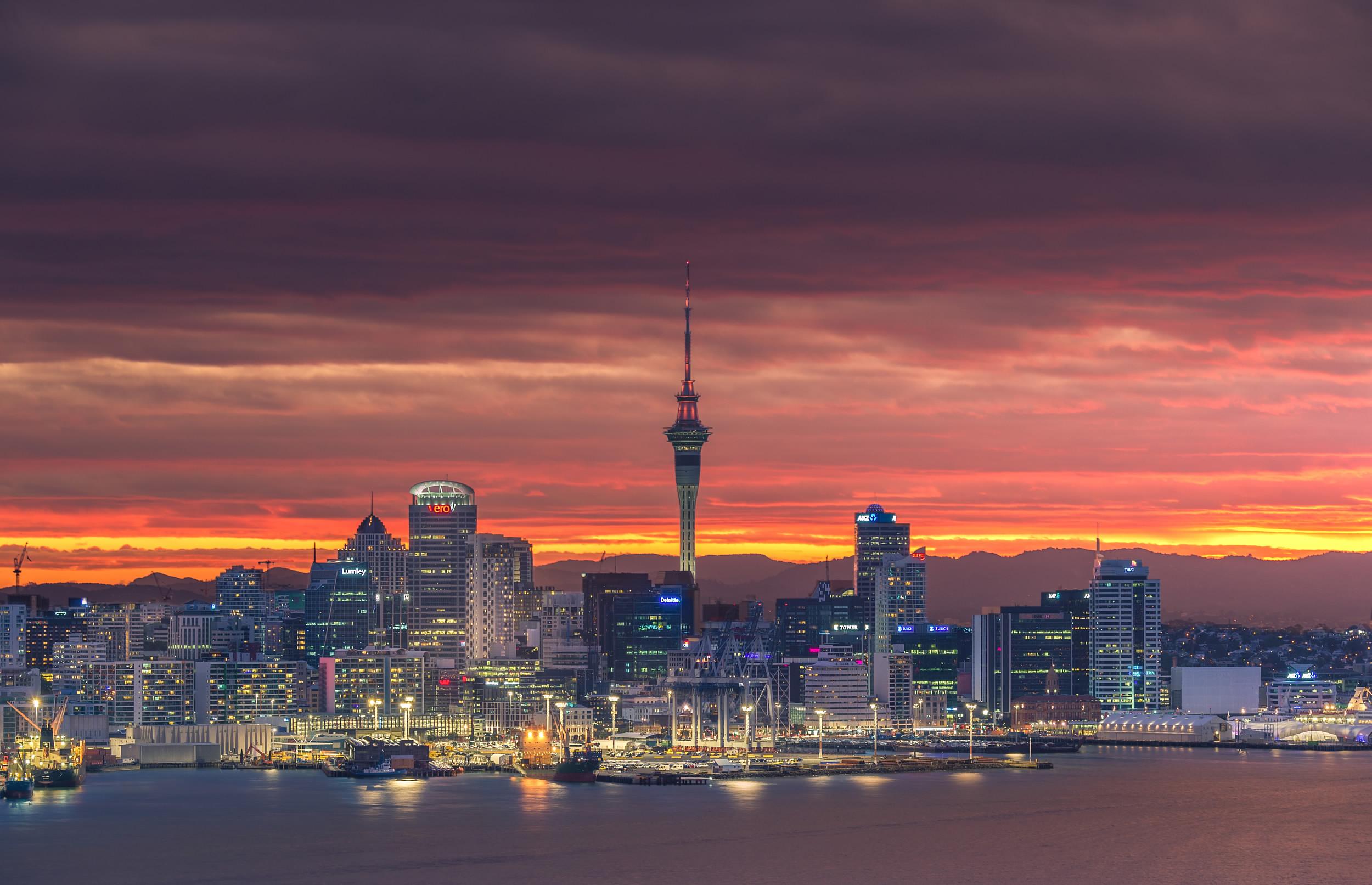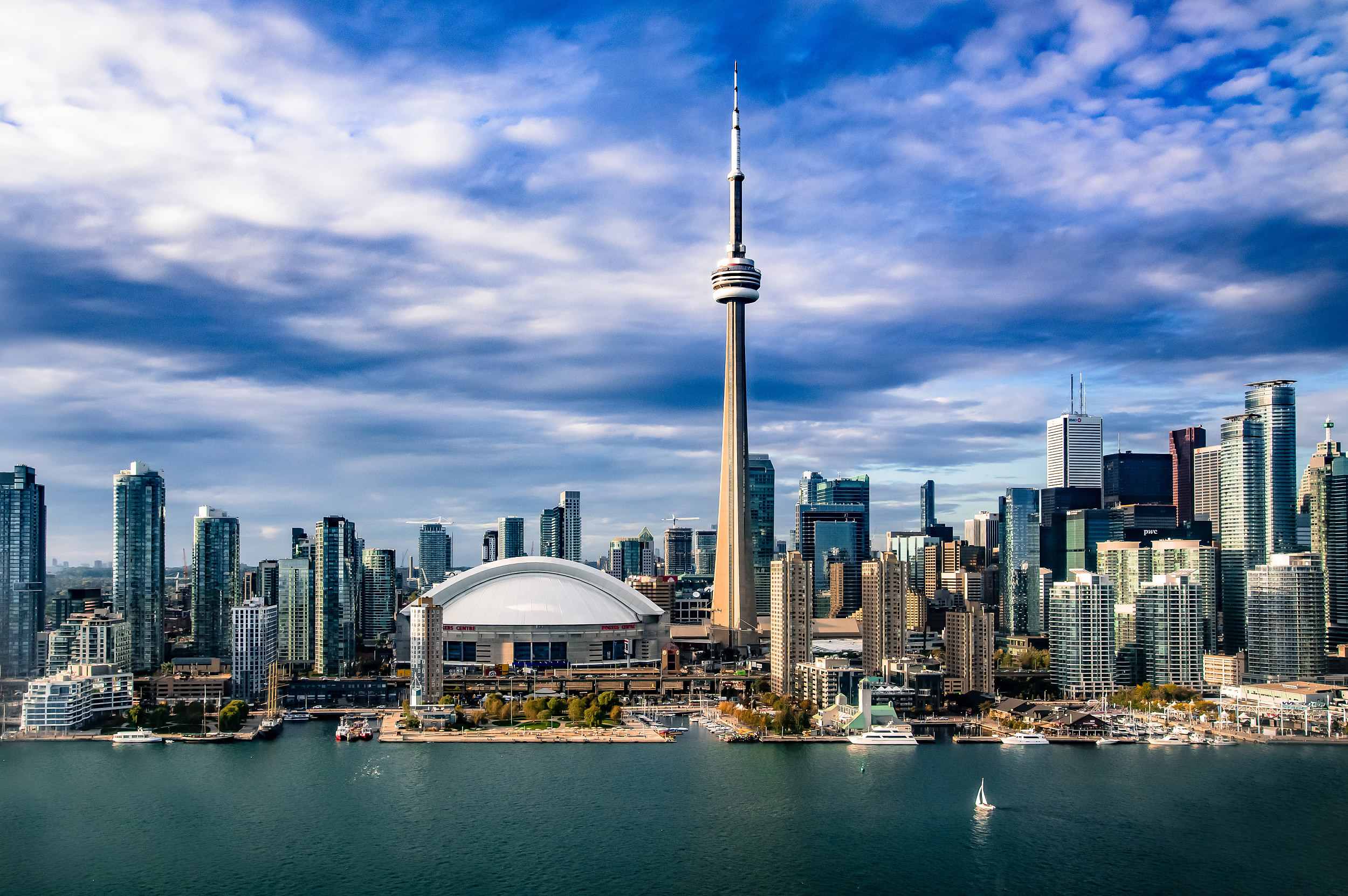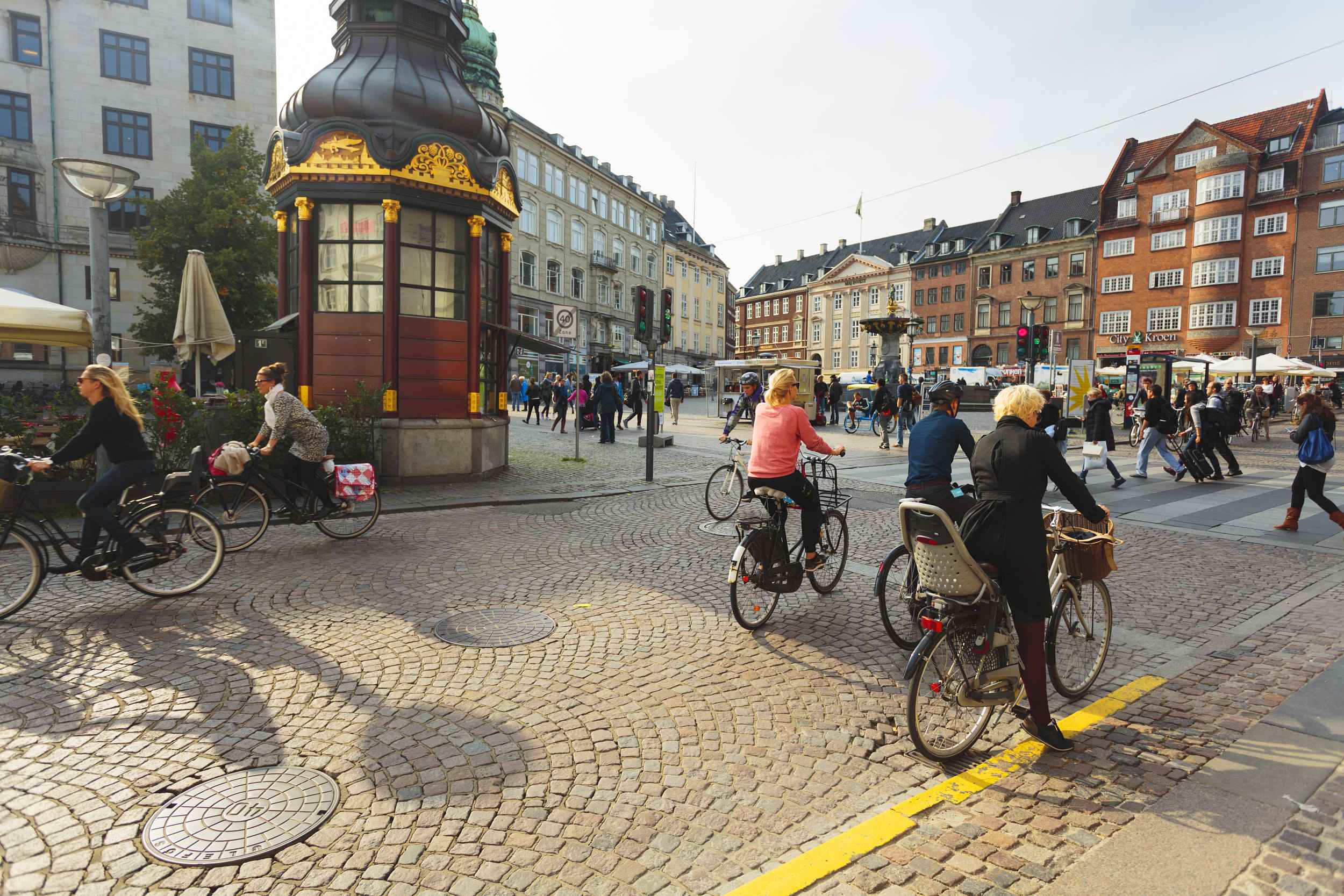
Business
15:53, 26-Oct-2017
New Zealand bans foreign property speculation after spiraling sales
by Nicholas Moore

New Zealand’s new Prime Minister Jacinda Ardern, who was sworn in on Thursday, will ban foreign nationals from buying property in the country, as she looks to tackle rising house prices riding a wave of growing investor speculation.
The ban on non-resident foreign buyers, put forward as part of a coalition deal between Ardern’s Labour Party and minority partners including the Greens and anti-immigrant party New Zealand First, comes at a time when only a quarter of New Zealand adults own their own homes. Prices in Auckland have risen 75 percent in the last four years.
New Zealand is seen as an ideal destination for wealthy property investors looking to profit from its clean environment, political stability and isolation from potential global conflicts. Property speculators in the country come from all over the world, with Chinese investors making up the bulk of land sales to foreign owners this year.

Auckland, New Zealand /VCG Photo
Auckland, New Zealand /VCG Photo
It's part of a phenomenon affecting countries around the world. According to Morgan Stanley, in 2016, 25 percent of commercial property sales in central London were to Chinese buyers, in a city where only 15 percent of property investment came from UK nationals.
Total Chinese investment in overseas property hit 10.6 billion US dollars in 2016 – an amount which has fallen dramatically this year after measures were put in place by Beijing to curb capital outgoings.
New Zealand is not the first country to introduce measures restricting foreign property investment, and is likely not the last, with growing frustration at property markets around the world from locals who simply cannot get on the property ladder.
Below are other countries and cities that already have measures in place aimed at countering property speculation from overseas.
Canada
A 15 percent levy for foreign property buyers was introduced in Southern Ontario in April this year, after a similar tax of 15 percent was also slapped on overseas speculators in Vancouver, British Columbia in 2016.
As of March this year, Toronto in Southern Ontario had seen prices jump by 33.2 percent year-on-year, while Vancouver saw property prices rise 32 percent in the year prior to the introduction of the property tax.

Toronto this year followed Vancouver by slapping a 15 percent tax on property purchases by foreign nationals. /VCG Photo
Toronto this year followed Vancouver by slapping a 15 percent tax on property purchases by foreign nationals. /VCG Photo
Since Vancouver’s property levy on foreign buyers was introduced, July 2017’s prices have risen by only 7.9 percent year-on-year, with overseas purchases making up only 2.6 percent of property sales in the last four months of last year, down from 13.2 percent in the period before the property tax was brought in.
However, in August British Columbia’s housing minister said that the tax was under review, following month-on-month sales growth of 50 percent in March, suggesting that the impact of the 15 percent levy was waning.
Australia
With property prices in Sydney more than doubling since 2009, authorities in New South Wales (NSW) and other states have rolled out a raft of taxes and restrictions, limiting foreign non-resident investors to purchasing only new properties and banning them from investing in already “established dwellings."
Stamp duty has been doubled in NSW, while a so-called “ghost tax” has been introduced – an annual fee of 5,000 Australian dollars (3,700 US dollars) on properties left vacant or unavailable to tenants for six months or more.
From 2015 to 2016, Chinese property investment reached 31.9 billion Australian dollars (24.6 billion US dollars), with the Financial Times reporting that the average price for a home in Sydney in June was 872,300 Australian dollars (672,370 US dollars).
The measures in place may be starting to have an effect, with Sydney prices in May falling by 1.3 percent – the first drop since December 2015.
Denmark
With hipster capital Copenhagen attracting attention in recent years and seeing property prices hit 35-39,000 krone per square meter (511 to 566 US dollars), Denmark’s government has moved to dampen speculation by banning non-EU nationals from buying property without official permission.

Copenhagen's reputation as a capital of cool and its high quality of life have made it increasingly attractive in recent years. /VCG Photo
Copenhagen's reputation as a capital of cool and its high quality of life have made it increasingly attractive in recent years. /VCG Photo
EU residents can buy property in the country for residential purposes, but again face limits to prevent them from speculating on second properties and holiday homes.
Despite the measures in place on foreign buyers, property prices in Copenhagen still jumped by nine percent year-on-year in September, amid a domestic housing boom fueled by five years of negative interest rates.
Hong Kong
Like Singapore, Hong Kong’s limited space and high population means that authorities have moved to counter speculation in the property market, especially from foreign investors.
Foreign buyers without permanent resident cards in the Special Administrative Region face a combined stamp duty of 30 percent, along with other regulations in the SAR which slap heavy taxes of up to 20 percent on property sold less than three years after purchase.

Hong Kong is one of the most densely populated cities in the world. /VCG Photo
Hong Kong is one of the most densely populated cities in the world. /VCG Photo
Chief Executive Carrie Lam vowed to prioritize housing in her maiden Policy Address earlier this month. She announced plans to shorten the waiting time for public housing and help better-off tenants move up the housing ladder, and suggested she would expand the Green Form Subsidised Home Ownership Scheme (GSH), saying the scheme “has its merits and no shortcomings.”

SITEMAP
Copyright © 2018 CGTN. Beijing ICP prepared NO.16065310-3
Copyright © 2018 CGTN. Beijing ICP prepared NO.16065310-3